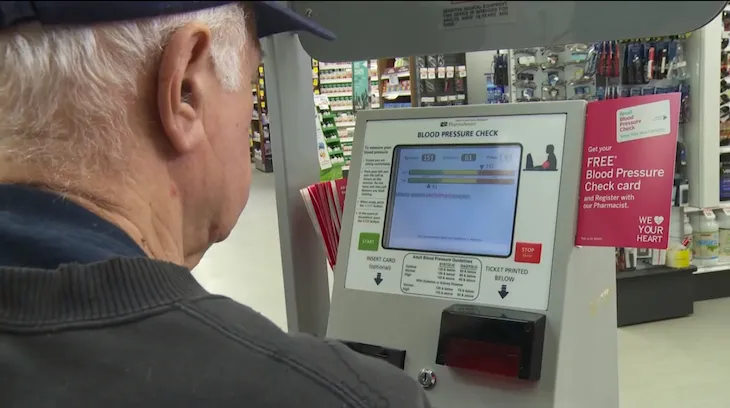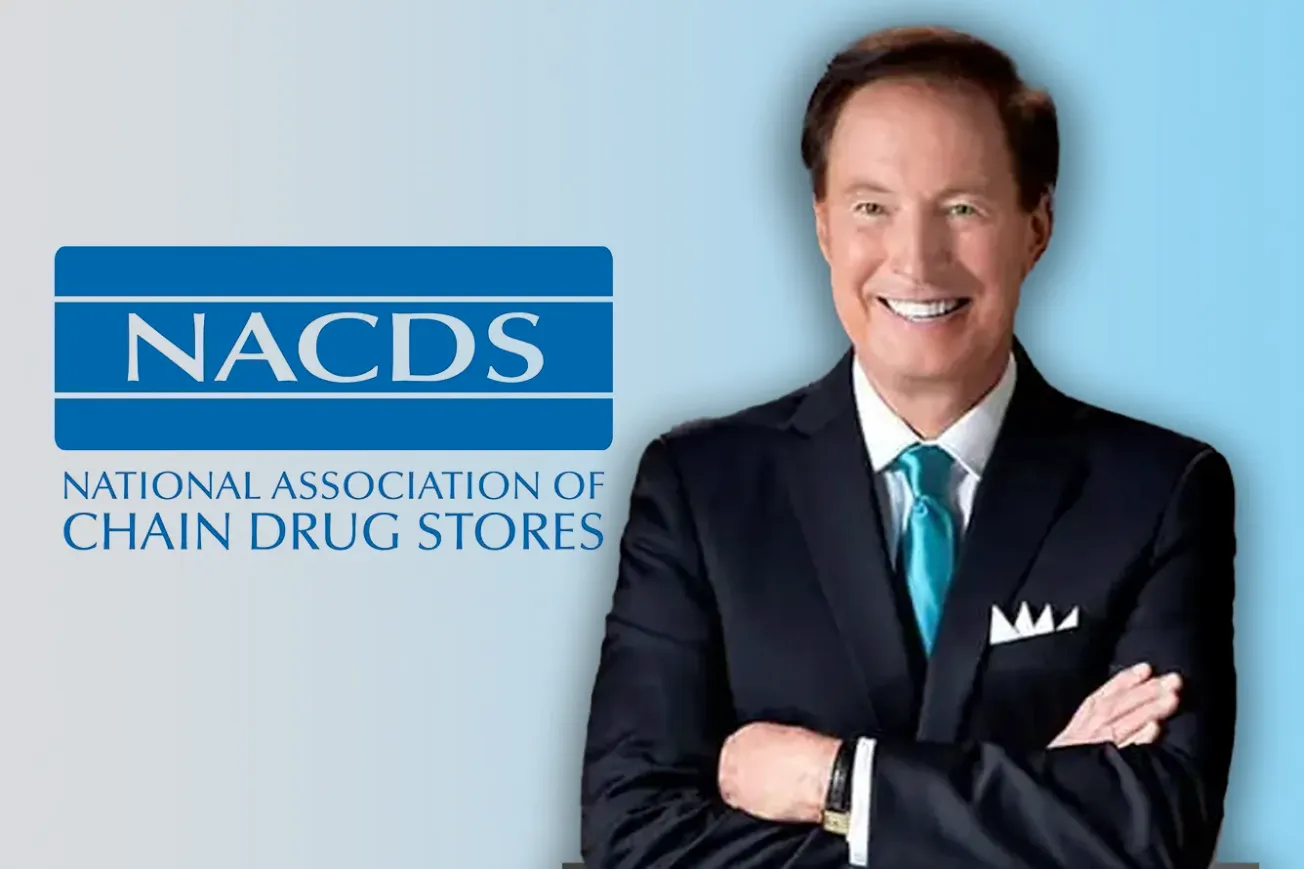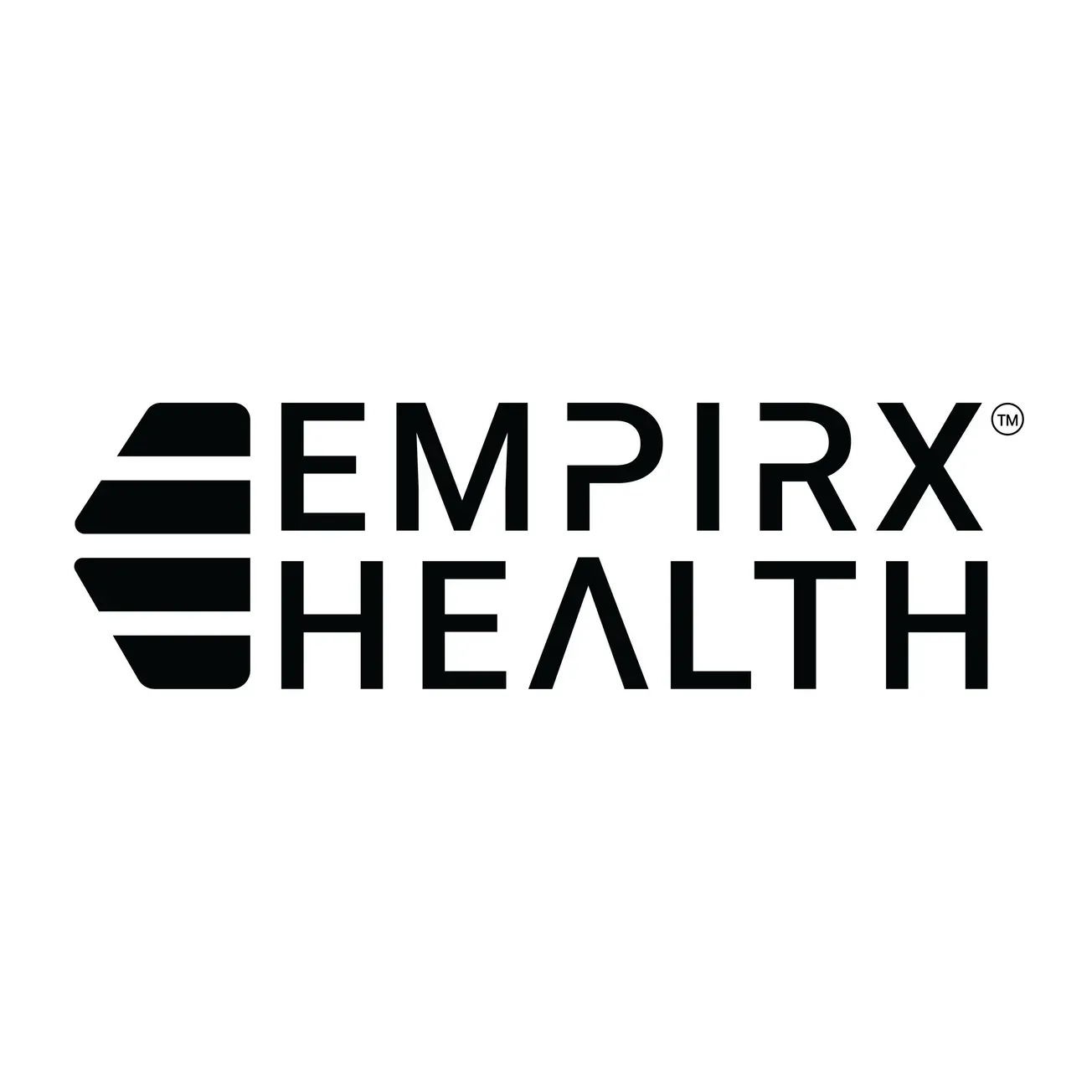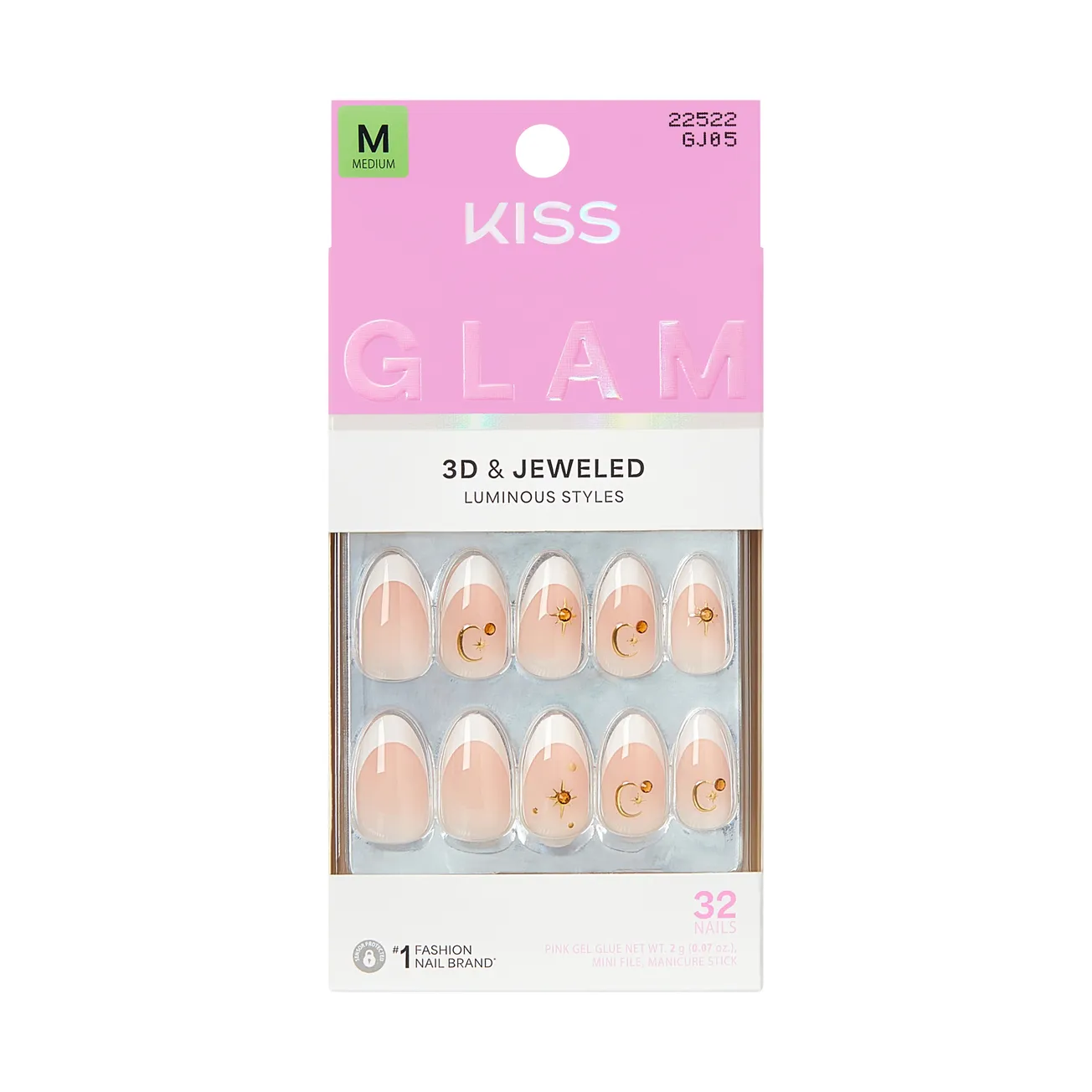ROCHESTER, N.Y. — Blood pressure kiosk maker PharmaSmart took part in a pilot with Astrup Drug’s Sterling Pharmacy and nonprofit health group HealthPartners to show the potential of community pharmacists in helping patients with hypertension.
In the pilot, patients received a smart card to measure and track their blood pressure on a PharmaSmart kiosk in Sterling stores.
PharmaSmart said the six-month pilot involved 270 HealthPartners members with hypertension who had a prescription from Sterling for medication to lower their blood pressure.
Members who enrolled received a smart card that enabled them to measure and track their blood pressure on a PharmaSmart kiosk in Sterling stores. The clinically validated PharmaSmart kiosks contain technology to automatically transmit the data into the Sterling pharmacy clinical system. The integrated card and kiosk technology allows pharmacists to intervene by managing the patients’ medication in tandem with their health providers, PharmaSmart noted.
Half of the participants had uncontrolled blood pressure, and nearly half had this condition despite being on medication to control it. Sterling pharmacists were able to recommending a change in dose or a new drug to the patient’s provider. As a result, PharmaSmart said, blood pressure improved for about a third of the patients in the pilot, with a mean reduction in blood pressure among the uncontrolled group of -11 mmHg systolic and -8 mmHg diastolic.
“One of the key findings of the pilot program is the importance of personal interaction between the patient and the pharmacist,” stated Tim Gallagher, president of Astrup Drug, which owns and operates 20 pharmacies in southern Minnesota and northern Iowa under the Sterling and Smart Pharmacy banners. “Pharmacists have the opportunity to extend the care team and optimize therapy to positively impact patient outcomes.”
According to PharmaSmart, the pilot was implemented after a HealthPartners analysis indicated a gap between medication adherence and clinical outcomes. The analysis found that about 85% of patients with hypertension had filled their prescriptions in a timely manner, but a comparison of pharmacy claims with medical records showed that the medication wasn’t having the desired effect for about a third of patients.
Based on the promising results of the pilot, HealthPartners plans to explore an expansion of the program next year, PharmaSmart reported.
“It is well understood that the pharmacist can play a key role in supporting medication adherence,” commented Richard Bruzek, vice president of HealthPartners pharmacy services. “This pilot shows that community pharmacists can add even more value by confirming that the prescribed medication is doing what it is supposed to do.”









